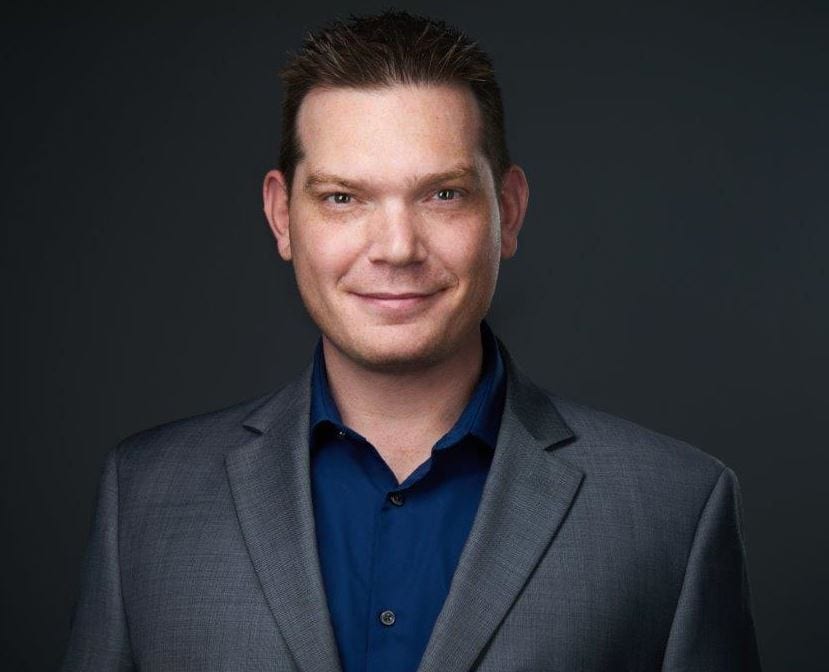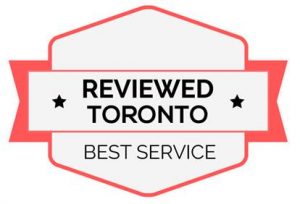How does a whole life policy work?
The policy owner pays premiums. Those premiums are deposited into the participating account of the life insurance company. The company puts that money to work, primarily in instruments like guaranteed fixed income, to grow that money in order to satisfy the legally binding contractual guarantees, or promises to pay. They also set aside money as a “continuing capital surplus reserve”, a requirement in order to operate as a Life Insurance Company in Canada.
The policy owner outranks EVERYBODY … meaning they have first access to whatever can be lent from their policies. Policy owners exercise that rank via policy loans.
Before and after the introduction of the mutual fund industry and tax qualified plans like a RRSP, participating dividend paying whole life remains one of the safest and most secure places for money to reside. And the truth is your money must reside somewhere. If your money can reside inside a life insurance company, using a legally binding contract that:
Makes you a co-owner of a business with a 173 consecutive year track record of generating profit. Grows your total cash value on a daily basis with no accrual taxation Guarantees tax free death benefit dollars in exchange for pennies. Gives you total and absolute control over a growing pool of financial value that can be accessed to take advantage of opportunities that will track you down. Cannot lose value or ever be lost to a risky stock market or government intervention.
What better place to have your money reside than here?
And every once in a while somebody dies. And when they do, a tax free windfall shows up when it’s needed the most. It’s been said there are two certainties in life (1) death and (2) taxes. Death is the only thing that doesn’t get worse each time politicians meet. Ask yourself “will the government need more or less money in the future”? Nobody knows what tax rates will be in the future, but if they do rise, tax free becomes instantly more valuable. The proceeds of the policy are paid to your named beneficiaries’ income tax free.
And if you are a business owner, there are plenty more advantages in addition to a personally owned policy. The death of the shareholder gives rise to the Capital Dividend Account (CDA) and surviving shareholders can access the proceeds, and potentially more via tax free capital dividends.
Whole Life Insurance FAQs
What Is The Difference Between Whole Life Insurance Versus Universal Life?
There are many differences. Primarily, with dividend paying participating whole life insurance, you actually build equity in the policy and become a co-owner of the life insurance company. 100% of the risk of satisfying the contractual guarantees is with the Life Insurance Company. The policy owner’s sole responsibility is to pay the premium. With Universal Life, 100% of the risk is transferred away from the Life Insurance Company onto the policy owner. There are no guarantees and there is no participation in the divisible surplus.
What Is Better Whole Life Insurance Or Term Insurance?
The short answer is it depends. Each type of life insurance has its own set of characteristics. Term life insurance does serve a purpose. It’s temporary coverage meant to solve temporary problems. It’s akin to renting versus owning. And as you age, the premiums rise because you’re getting closer to your best before date. Participating dividend paying whole life insurance premiums can never go up. They can go down, but never up.
If you have more questions, please connect with one of the Coaches on the Ascendant Financial team.
How Long Has Whole Life Insurance Been Available?
Since 1847 in Canada.












